Beyond the Baht: Navigating the Future of Thai Rice in a Shifting Landscape
Thai farmer aid: Is it sustainable? Dive into the policies, farmer frustrations, expert critiques, and global tariffs shaping Thailand's rice future.
Unpacking the Proposed Aid Packages: A Look at Immediate Relief
Thailand's government is once again stepping in to support its vital rice farming sector, with new aid packages under consideration. The primary proposal, aimed at farmers cultivating off-season rice (Naa Pee) for the 2025/2026 production year, offers a subsidy of 1,200 Baht per rai, capped at 10 rai per household. This initiative is projected to benefit around 4.6 million households and requires an estimated budget of 40 billion Baht. Minister of Agriculture and Cooperatives, , expressed optimism that once approved by the , these payments could be disbursed in time for the upcoming planting season. However, a separate scheme for on-season rice (Naa Prang) farmers, proposing 1,000 Baht per rai for approximately 850,000 households (with a budget of 7.2 billion Baht), remains in a state of flux. While the sub-committee has endorsed the Naa Pee aid, the Naa Prang package is still under detailed review, with various opinions on its pros and cons being weighed before a final submission to the NBK. This bifurcated approach highlights the nuanced, yet often protracted, process of agricultural policy implementation.
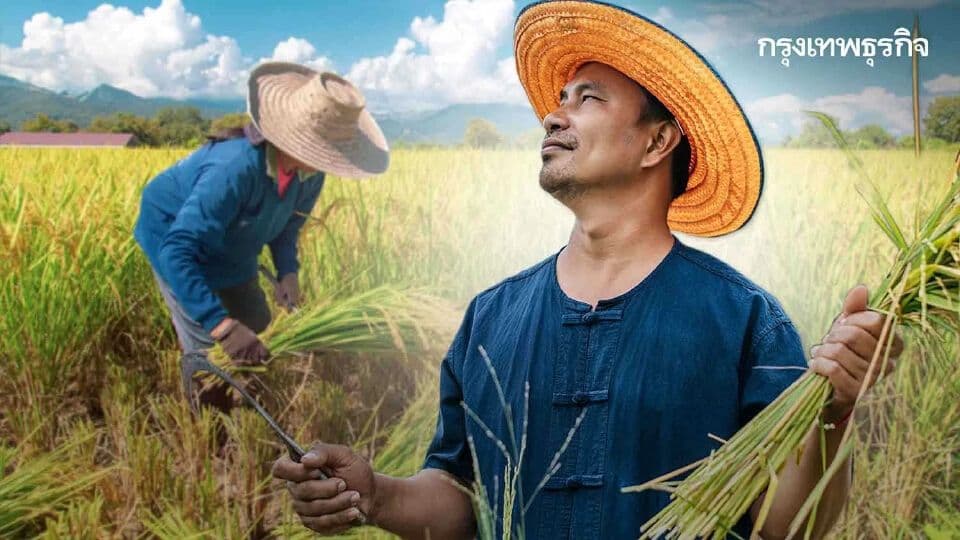
The Waiting Game: Farmer Frustration and Unresolved Support
While the promise of aid offers a glimmer of hope, the slow pace of policy approval has left many Thai farmers in a precarious position, particularly those awaiting the Naa Prang subsidy. , President of the , voiced significant apprehension and dissatisfaction over the prolonged deliberations concerning the 1,000 Baht per rai support for Naa Prang growers. His concern is palpable, lamenting the uncertainty and the open-ended timeline for a decision. Farmers, already grappling with persistently low rice prices that often lead to sales at a loss, find themselves caught in a frustrating waiting game. The initial enthusiasm for potential relief quickly diminishes when faced with bureaucratic delays and the stark reality of their immediate financial struggles. This protracted approval process not only exacerbates their economic hardship but also erodes trust in the government's ability to deliver timely and effective support, leaving many to wonder when, if ever, their much-needed assistance will arrive.
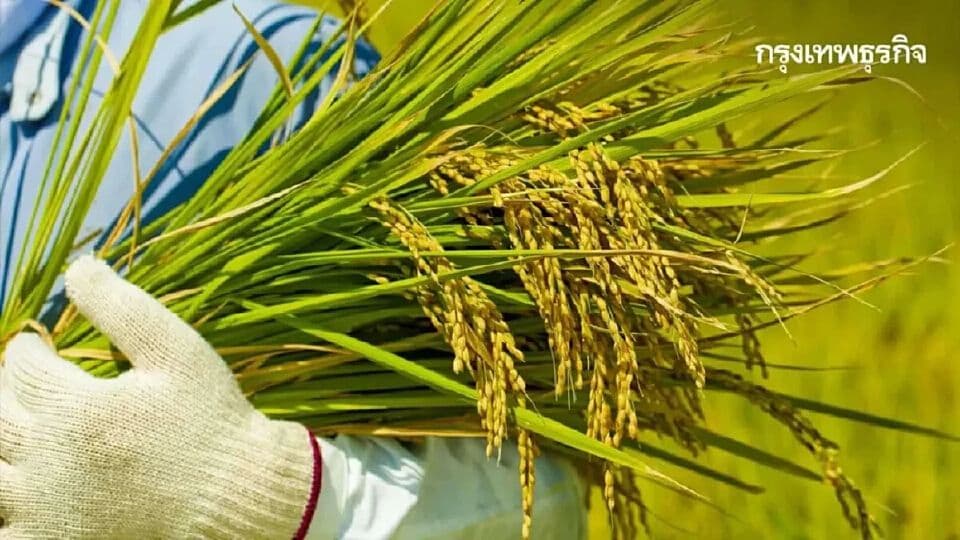
Echoes of Doubt: Expert Perspectives on Long-Term Sustainability
Beyond the immediate relief, a critical question looms: do these direct financial payouts truly foster long-term stability for Thai rice farmers? Senior rice academic, Associate Professor , offers a sobering perspective, suggesting that the 1,200 Baht per rai subsidy, while perhaps politically expedient, is merely a short-term fix. He argues that such policies, rather than building enduring resilience, could inadvertently undermine the in the long run. Prof. Somporn's pointed critique emphasizes that sustainable prosperity for farmers lies not in temporary handouts, but in fundamental shifts towards reducing production costs. Empowering farmers to operate more efficiently and profitably from the ground up, he contends, is a far more robust strategy than cyclical financial interventions. This expert view casts a shadow of doubt over the current aid model, prompting a deeper examination of whether these measures are truly sowing seeds of future success or simply treading water in a challenging economic climate.
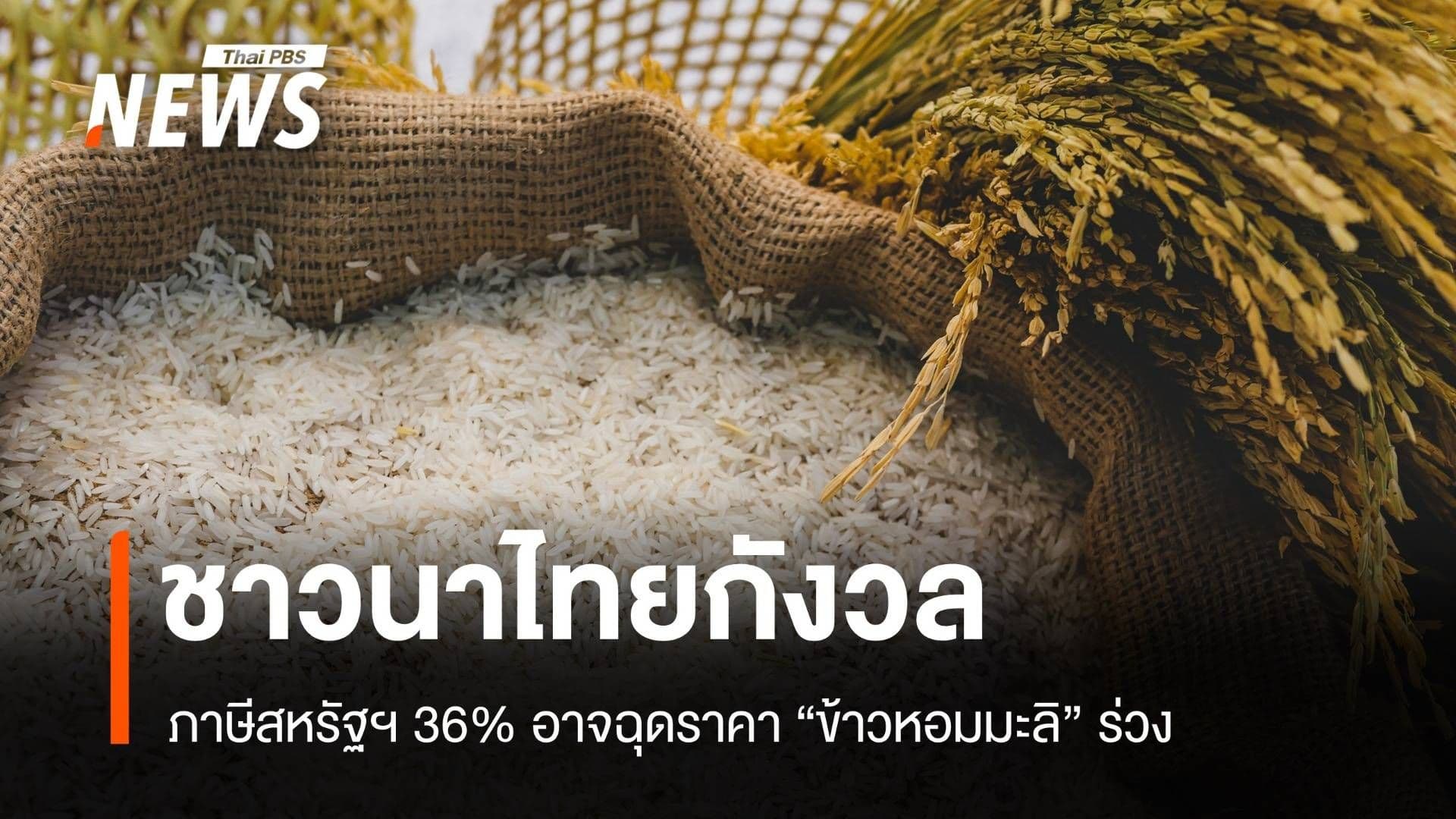
Global Pressures: Navigating Trade Tariffs and Market Volatility
The challenges facing Thai rice farmers extend far beyond domestic policy debates; they are increasingly shaped by the volatile currents of global trade. A pressing concern has emerged from the , which recently convened to discuss the looming threat of increased . Thailand faces a potential hike from the current 10% to a staggering 36% on its rice exports to the , effective this August, should ongoing negotiations fail. This stark reality is magnified by success in negotiating its US import tariff down to a more competitive 20%. The disparity places Thai Jasmine rice at a significant disadvantage, raising profound concerns among millers and farmers alike about its price competitiveness and overall market share. Such external pressures highlight the inherent limitations of domestic aid policies when confronted with powerful international economic forces. Without strategic trade agreements and a robust global positioning, even well-intentioned subsidies may prove insufficient to safeguard the industry against a rapidly shifting international landscape.
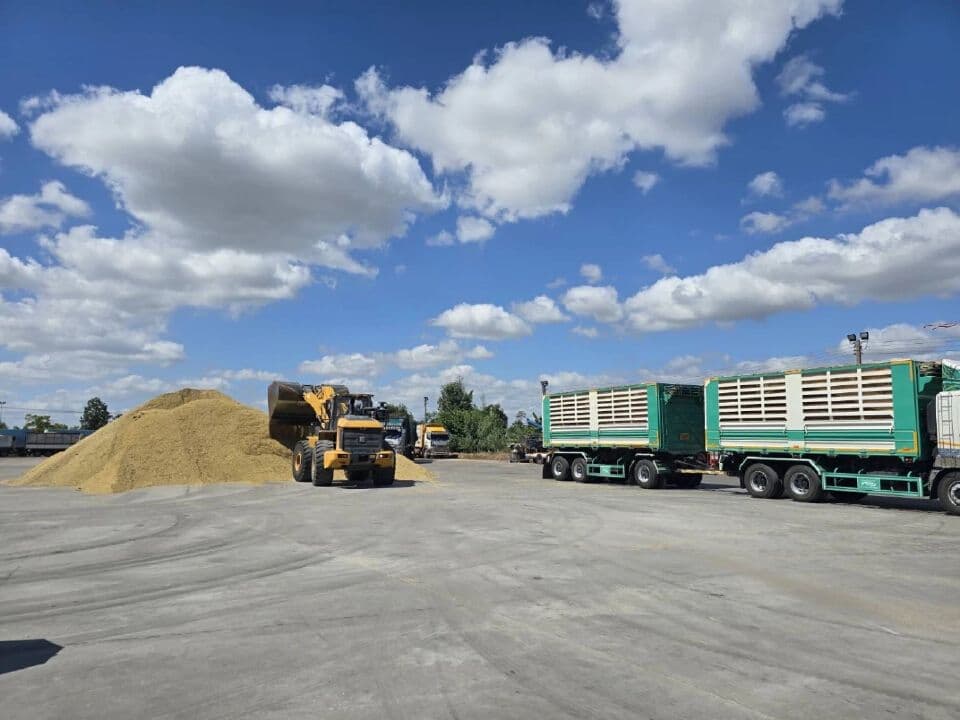
Sowing Seeds of True Prosperity: Towards a Resilient Rice Economy
The current landscape, marked by delayed aid, expert skepticism, and formidable global trade headwinds, underscores the urgent need for Thailand to move beyond reactive financial payouts towards a more comprehensive and resilient rice economy. True prosperity for Thai farmers won't come from temporary subsidies, but from strategic, long-term investments. This means a concerted effort to significantly reduce production costs, as advocated by experts, through adopting modern, efficient farming techniques and optimizing resource use. It also necessitates bolstering Thailand's global competitiveness by proactively negotiating favorable trade agreements and exploring diverse export markets, rather than passively accepting punitive tariffs. Furthermore, investing in agricultural research and development to create higher-yielding, climate-resilient rice varieties is paramount. Empowering farmers with knowledge, technology, and access to capital, while fostering stronger farmer cooperatives, can transform them into self-sufficient entrepreneurs. Only through such a holistic, forward-thinking approach can Thailand cultivate a truly sustainable and thriving rice industry for generations to come, moving 'beyond the baht' to genuine, lasting prosperity.
Related Articles

Beyond the Bailout: Charting Stability for Thailand's Agricultural Backbone

Beyond the Bailout: Charting Stability for Thailand's Agricultural Backbone
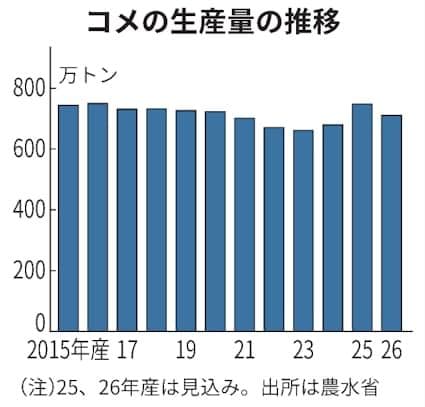
Japan's Rice Crossroads: The Unending Quest for Balance in the Paddy Fields

Japan's Rice Crossroads: The Unending Quest for Balance in the Paddy Fields
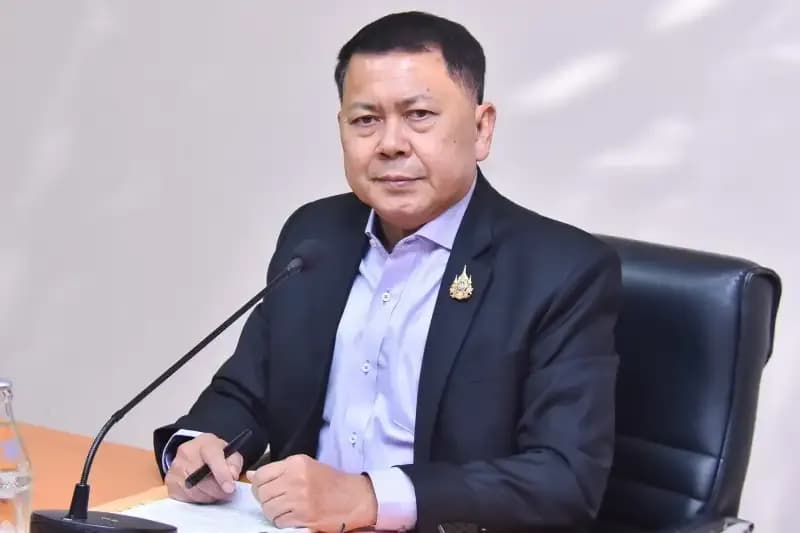
Harvesting Resilience: Thailand's Proactive Shield for Borderland Agriculture

Harvesting Resilience: Thailand's Proactive Shield for Borderland Agriculture
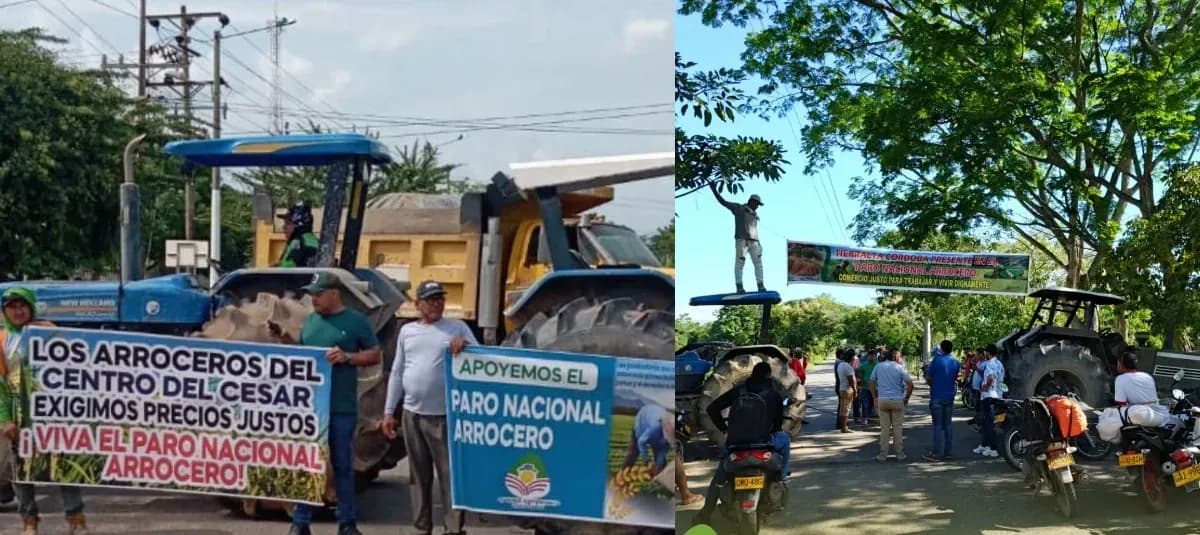
Harvesting Justice: Colombia's Rice Farmers' Fight for Livelihoods and National Food Security
